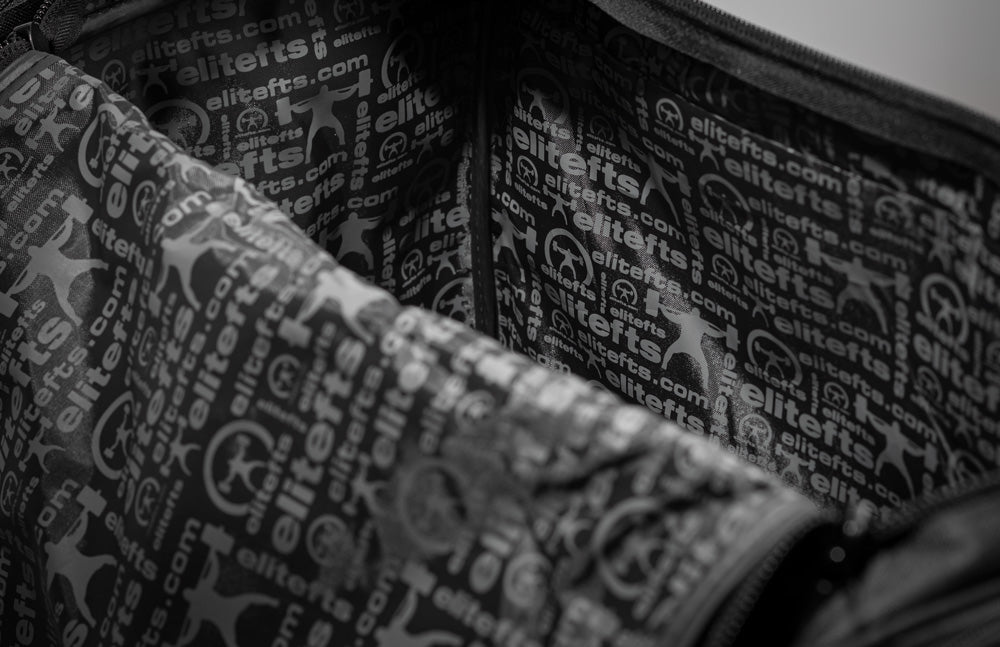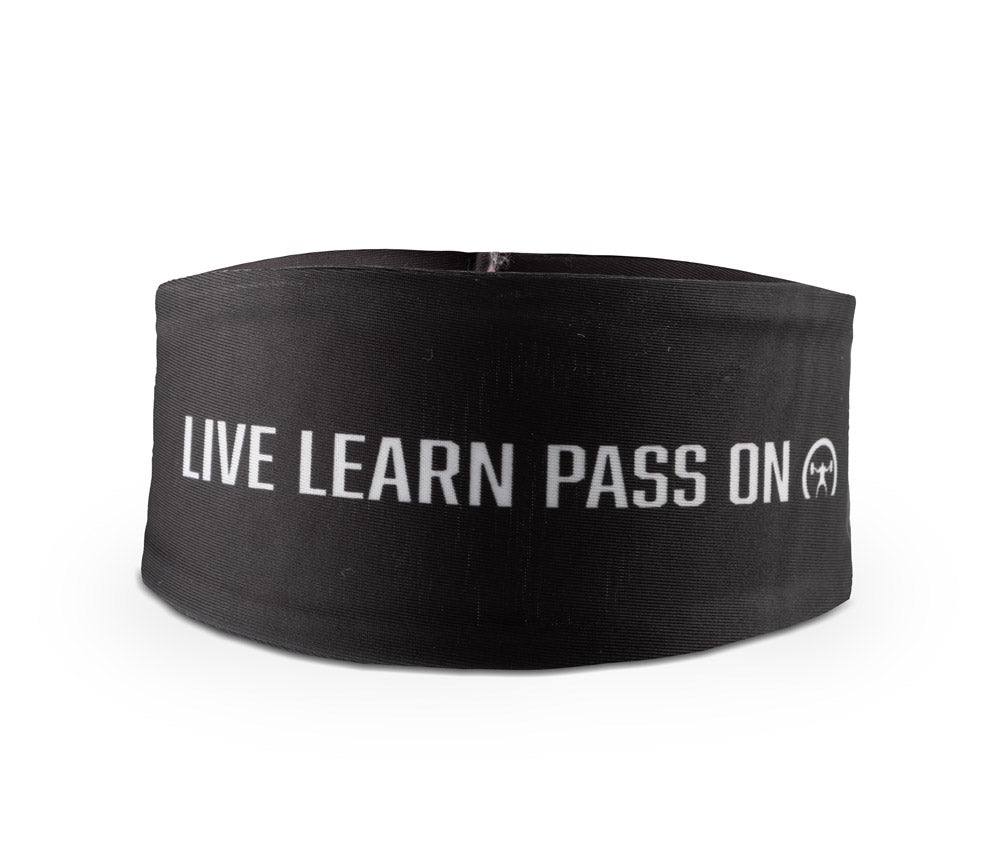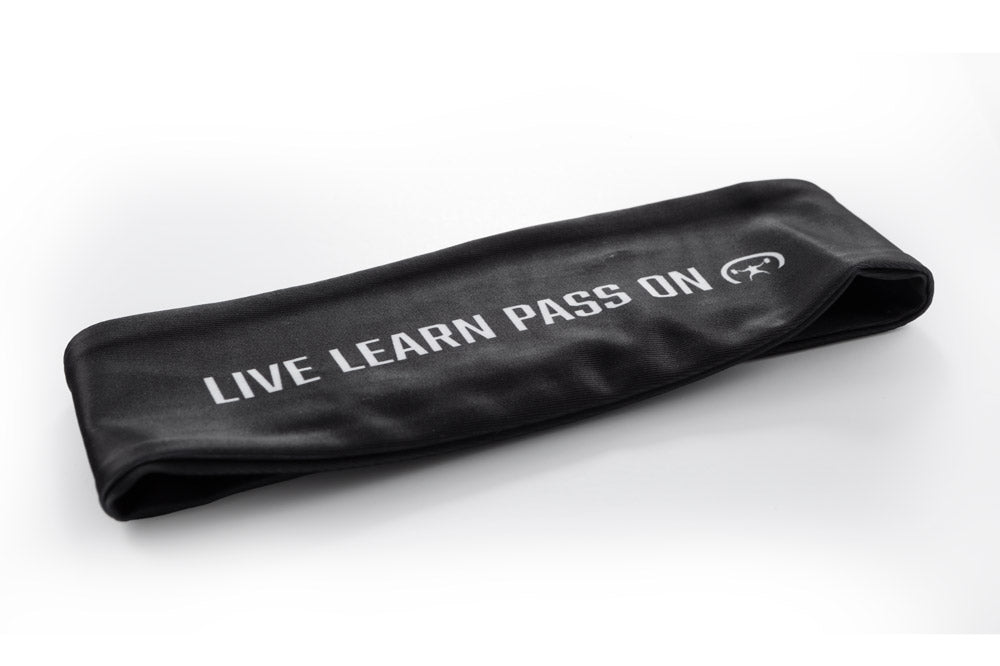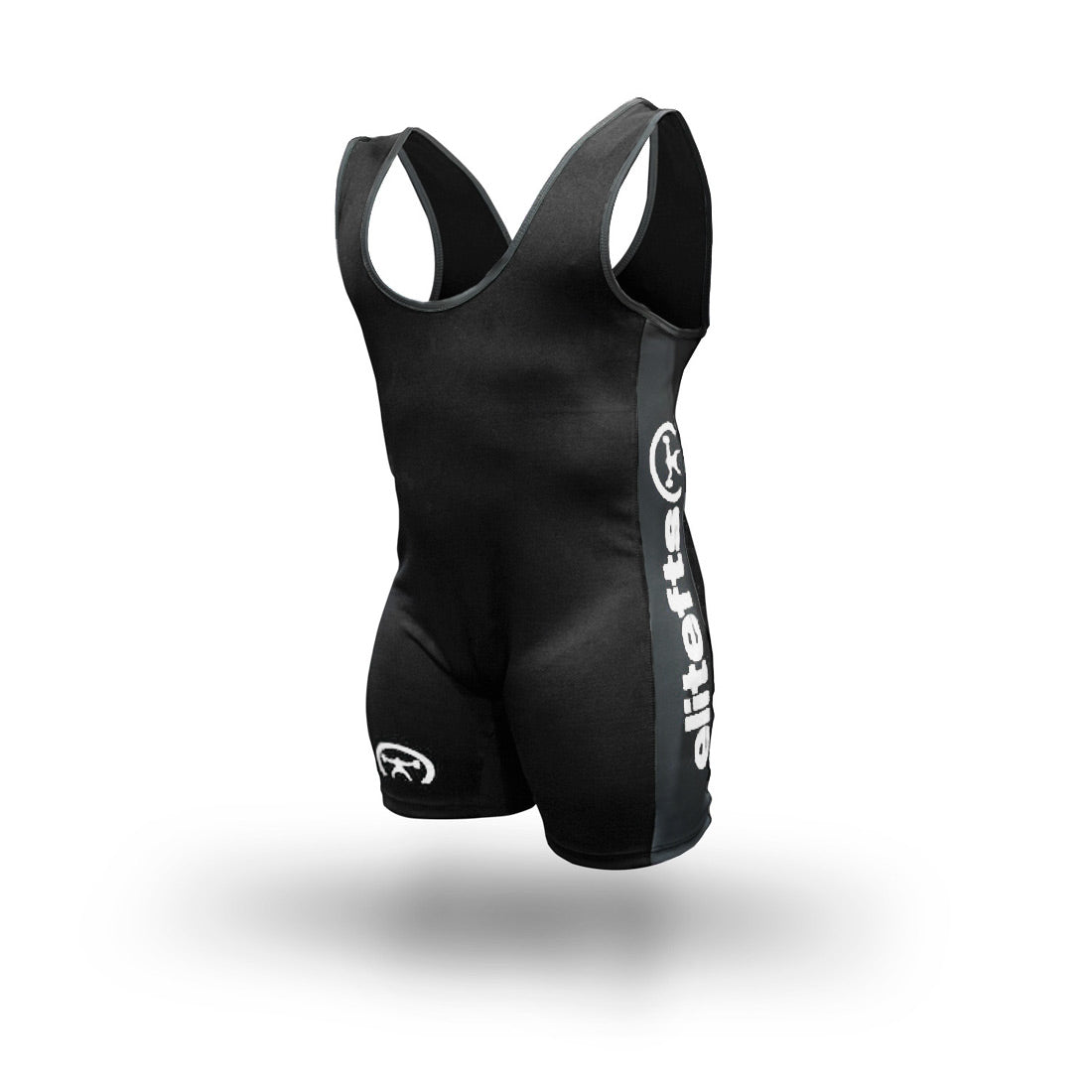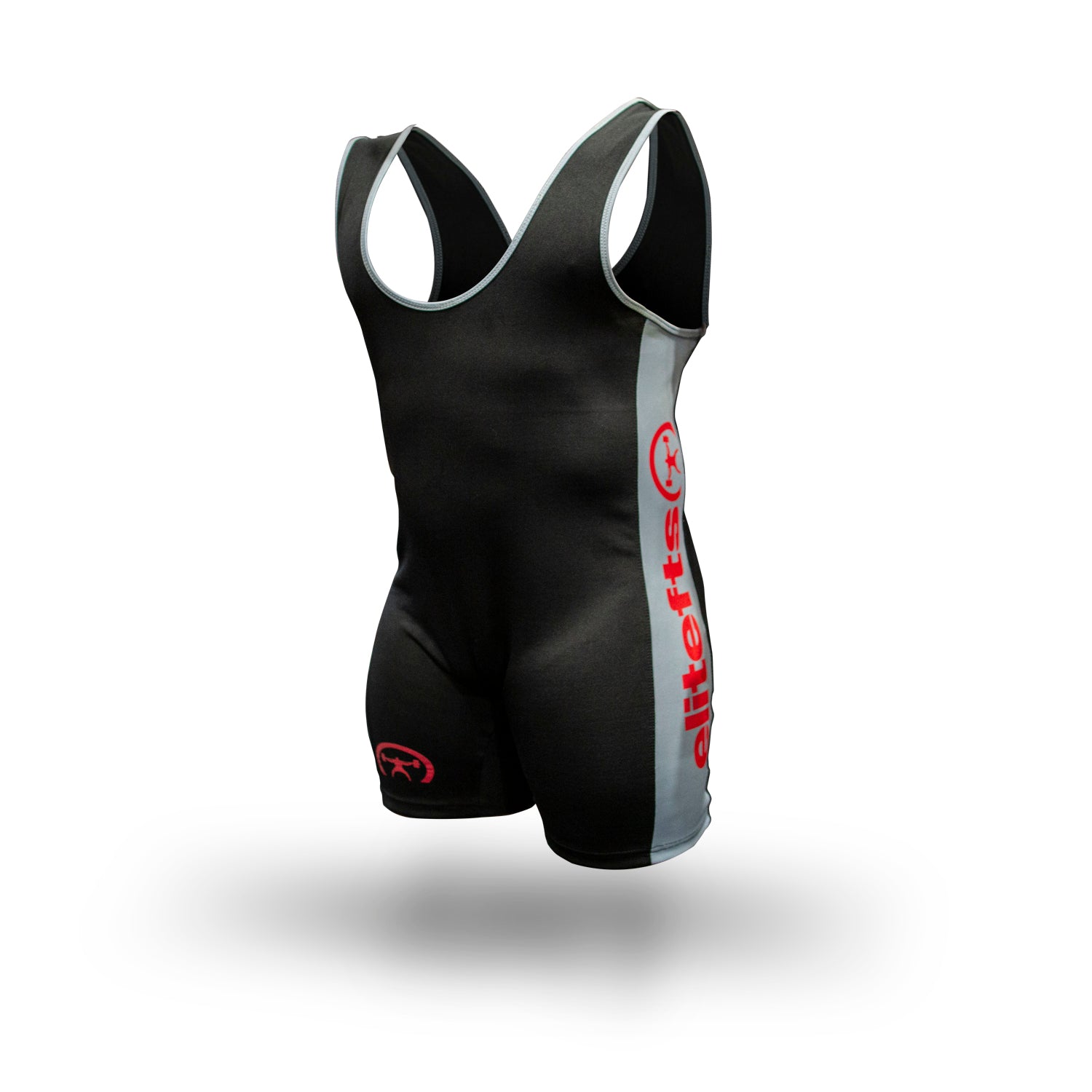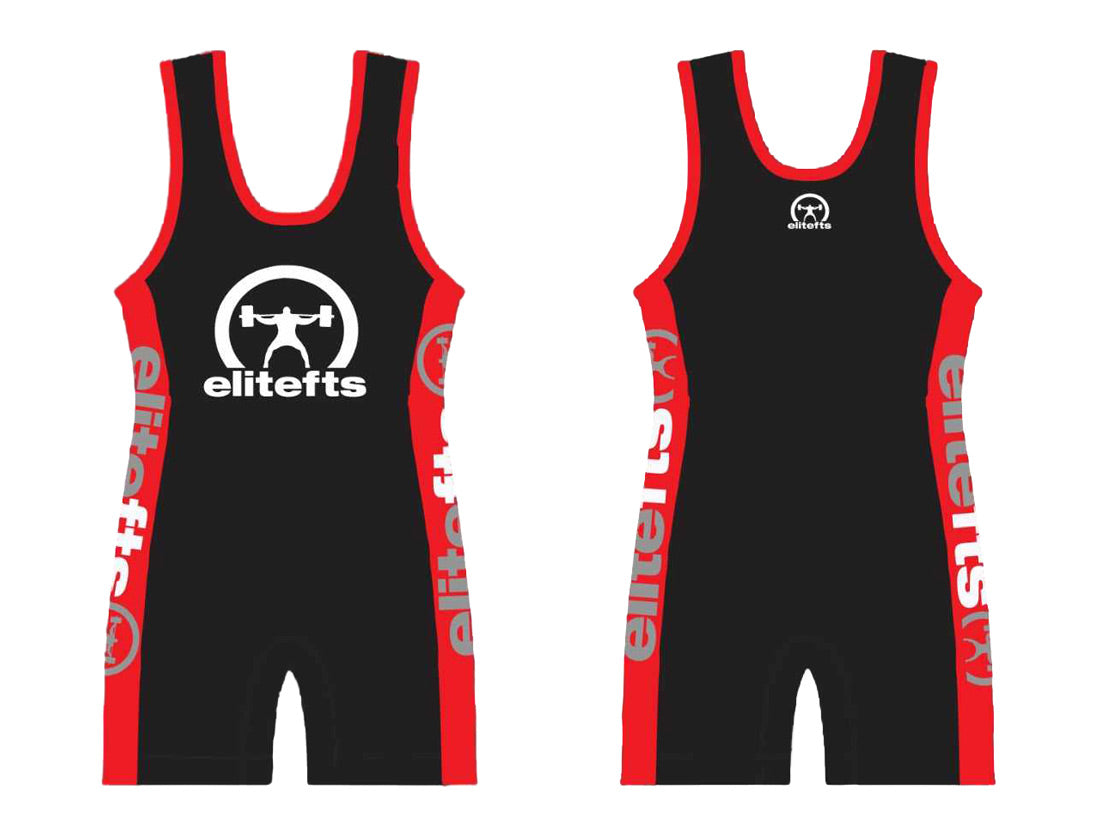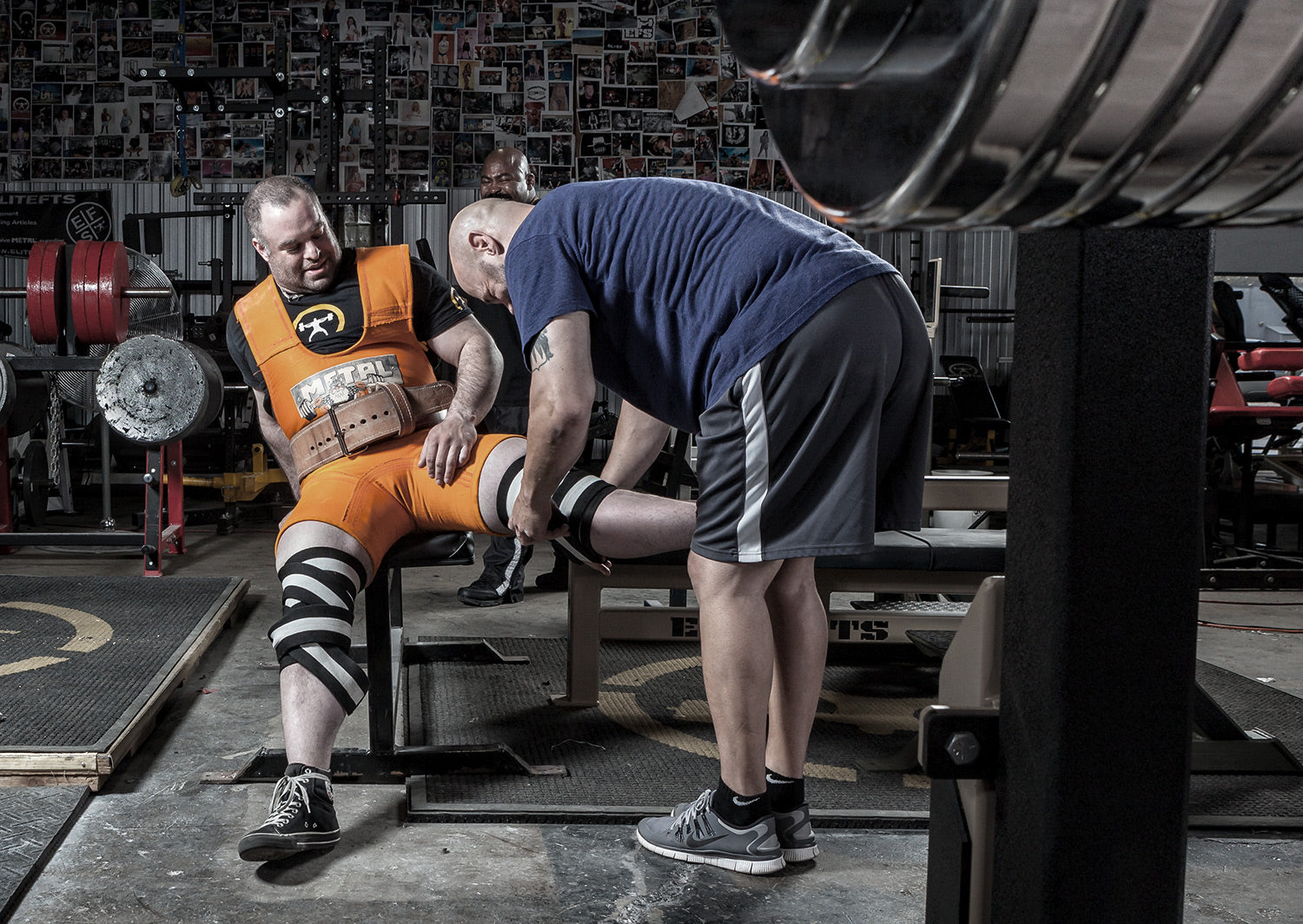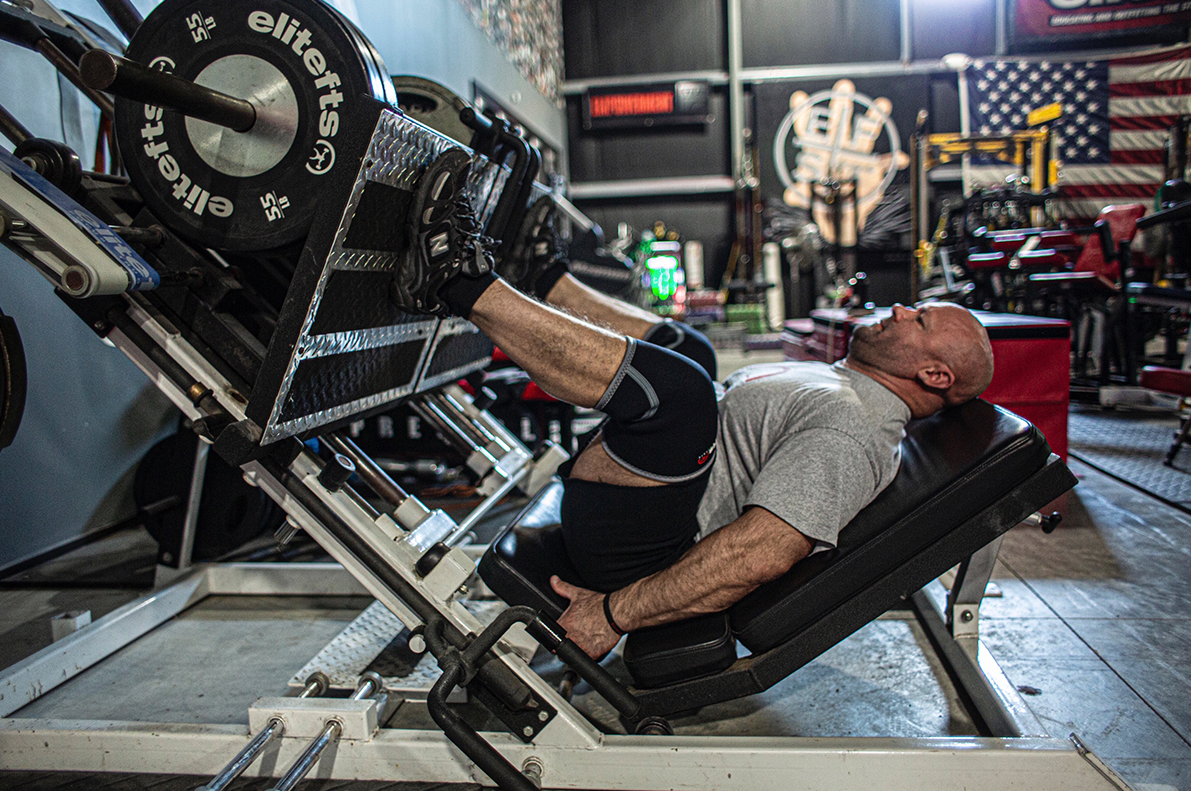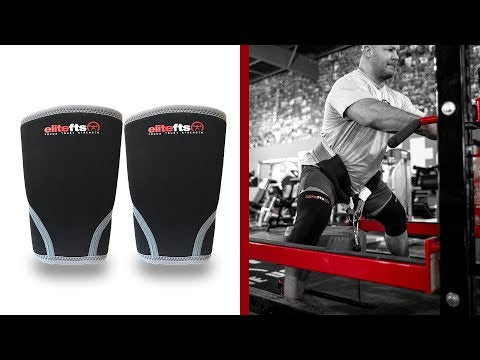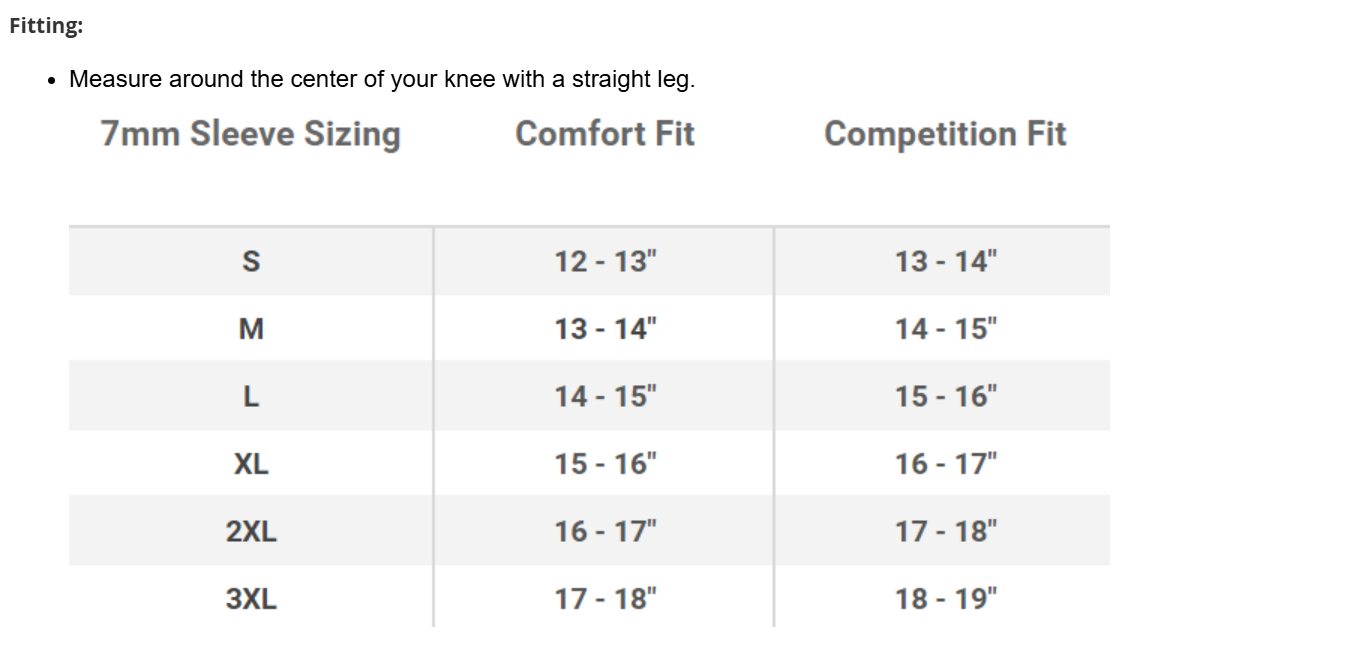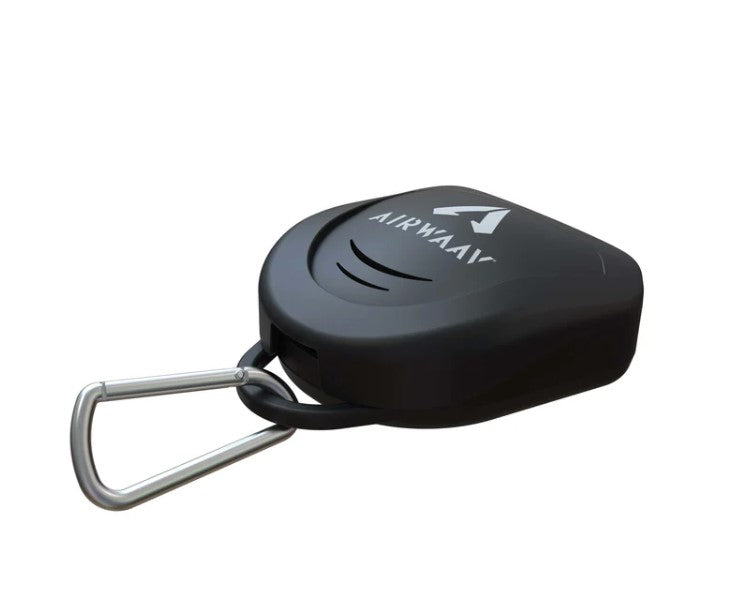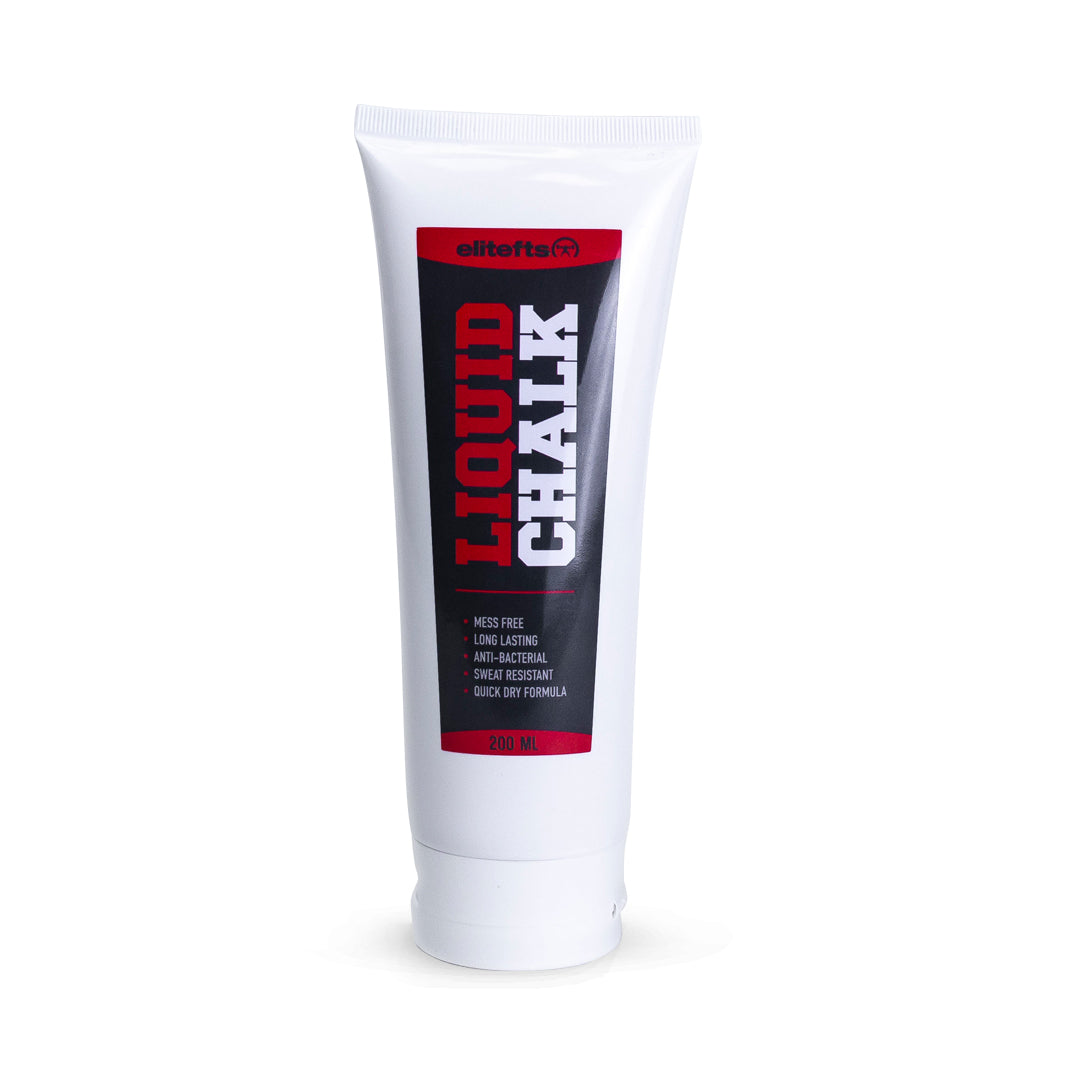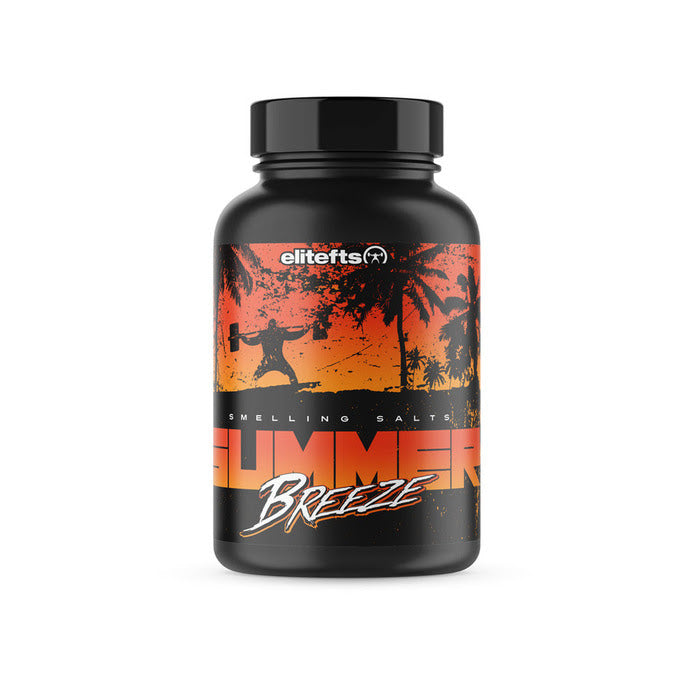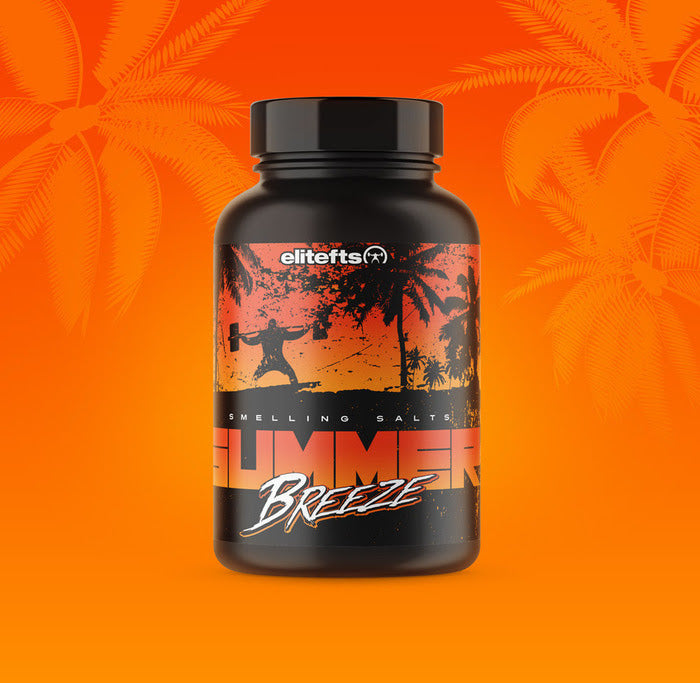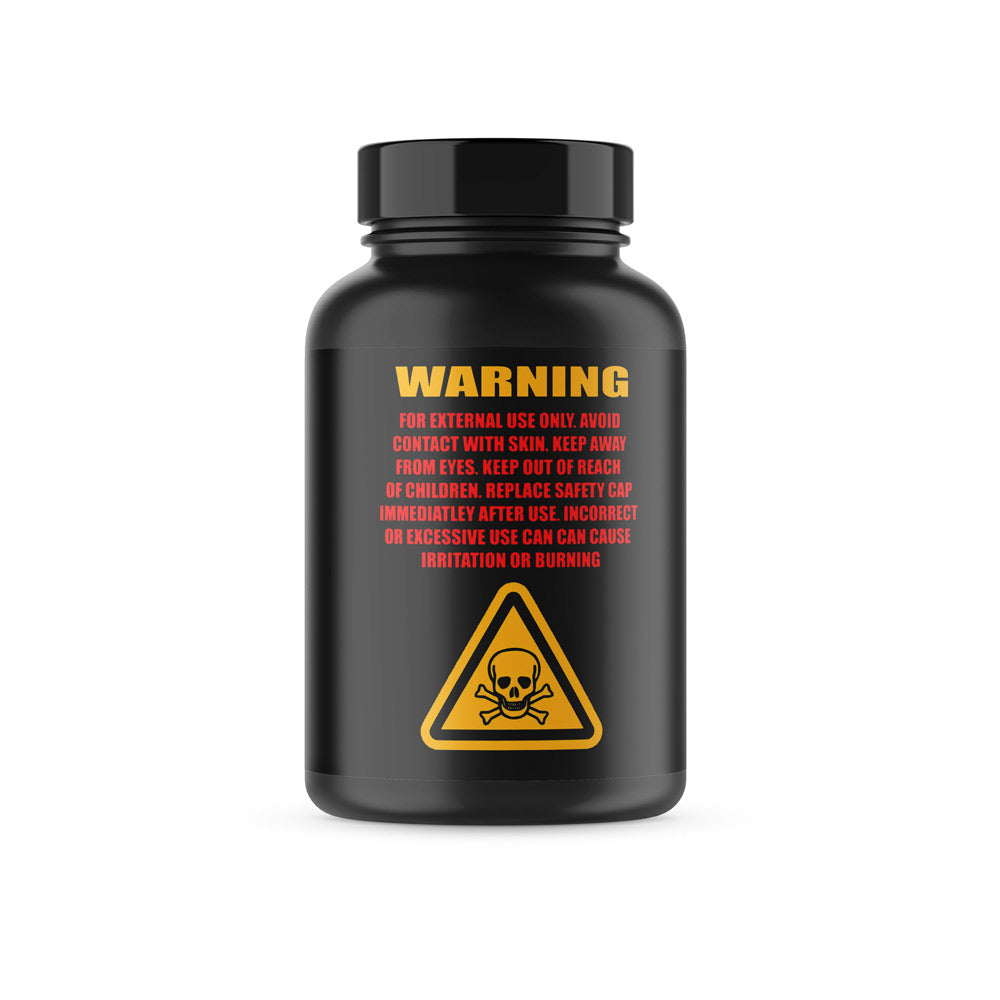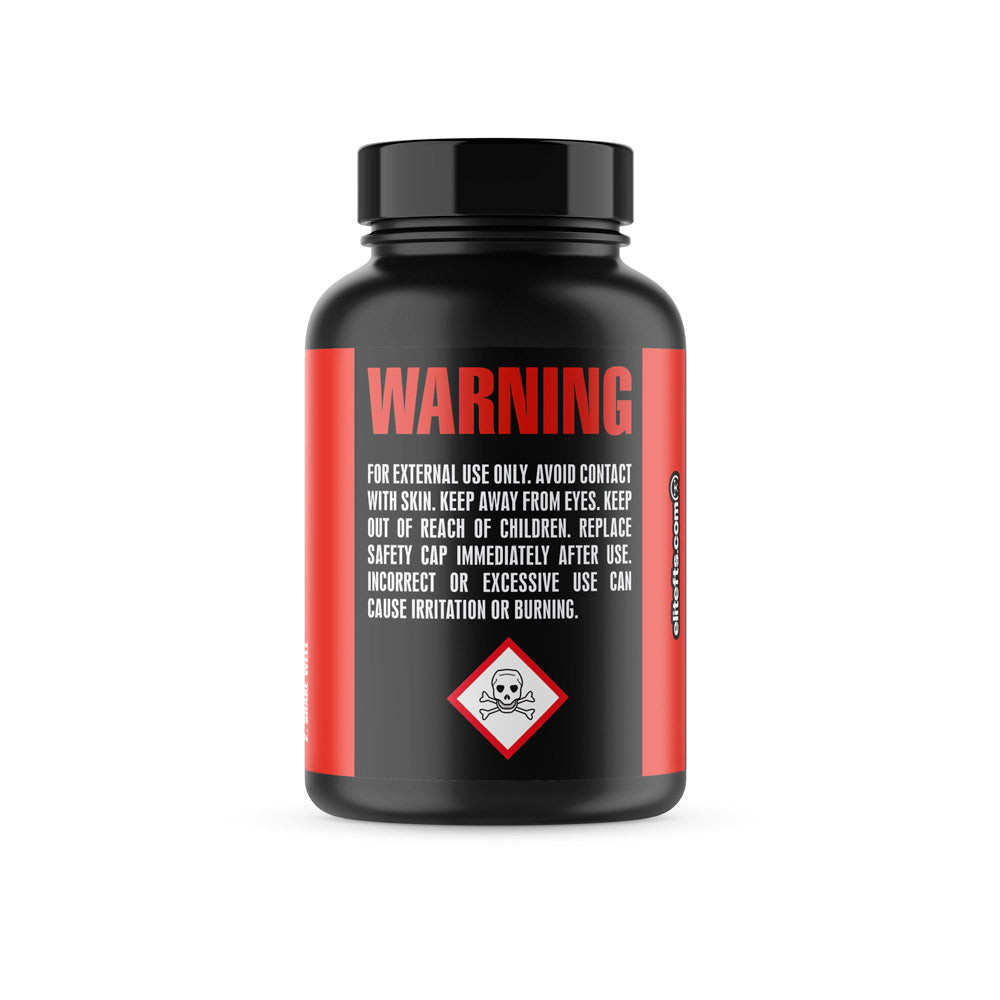RECENT: How to Use Fundamental Movements to Develop Youth Athletes
The more I watched, the more I started thinking about the groups of people I’ve been fortunate enough to train with and learn from over the years. I then began to connect that when certain people weren’t there for training sessions, you could always tell something was different. Individual sports such as strength sports, track and field, swimming etc., are often seen as one person succeeding or failing, but what most people fail to realize is that for every person competing, there is a team of other competitors and coaches there to help. Everyone on that team has a role in helping everyone in the group succeed. In powerlifting, there are a few names that remain at the top of the sport, but look closely and they will always be at a competition with their team. The reason? Every person acts as a single piece to the puzzle of success. If a lifter succeeds at a meet, the coach has to be honest enough to know what helped, and if a lifter fails, the coach and team has to be honest enough to figure out why success wasn’t there on that day. Not everyone can be like Michael Jordan in their respective sport, but even Mike had a Scottie Pippen, a Dennis Rodman and a Phil Jackson. Everyone has a role and a purpose, and that has become apparent to me over the years. There are also three key positions or roles that have stood out as vitally important to me, and are a necessity for every successful team.

The Technician
This is the person who notices things during lifts that others in the group might not even think about. Ever notice why Louie Simmons is sought after by lifters from all over the world? His attention to detail is second to none. Lou has spent decades looking at movement and seeing where the weak link is for different lifters and then being smart enough to develop a game plan to fix it. It’s one thing to be able to notice something, but having a solution to that issue is the full package. Every training group should have a person that has an eye for the small things. To go with this, these people usually work best on max effort lifts. Everyone has good form squatting an empty bar, but not everyone has good form with 600 or more pounds. This is the person that will notice if one lat isn’t staying tight during your squat or if your elbows flare out a little too much on a bench press. Joe Bayles is someone in our group that learned from Lou and Westside Barbell on how to pick out details that help turn a good lifter into a great lifter. This person will generally have a lot of time under the bar and will have learned from someone who was successful. If you’re not around successful lifters, how can you pick up what the successful lifters have learned?The Electrician
This is the person who brings the energy and intensity to training sessions. This person knows how to get the most out of each lifter in the group. They know if someone is an introvert or extrovert, if the lifter needs intensity or compassion, or how to even get under the lifters skin to the point where they will succeed just out of spite. For our group, this person is Josh Gutridge. He is usually the first to show and last to leave. Every time he is there, training will be hard and it will be intense. He will put pressure on you to make you get better.RELATED: The Education of a Powerlifter
I remember at a meet I barely got my opening squat of 715 pounds which should have been a warmup. Someone came up to me as I was taking my wraps off, asking what my next attempt was and, to be honest, I really didn’t want to go up another pound. I looked at Josh and before Lou could say anything, Josh yelled, “You’re taking 800 pounds. That’s why we’re here and anything else is a waste of time so get over it.” An 85-pound jump after struggling through my opener was hard to wrap my head around, but I got it easily and Josh just looked at me and said, “I told you.” Those are the training partners that you need to put the pressure on when you want to hit the brakes. They know what you’re capable of and they aren’t afraid to push you when the situation calls for it. That was an example of when I needed pushed. At a different meet, during deadlift, Lou kept cracking jokes at my attempts because he had done a certain weight at a certain bodyweight. He was chiming in the entire time and by the time I went to pull, all I could think about was making it look easy to prove him wrong. This led to a 35-pound PR and after Lou just laughed and talked about the next meet. Not everyone can be an electrician, but you need one in your group to have energy and power, especially when the situation calls for it.
The Mechanic
This is the person in the group who makes sure everyone is prepared. They might not be the strongest person in the group, but they know how to spot, load, adjust to different rack heights, wrap knees, and do whatever else is needed. These are the people that will be there to help at the meets no matter what. They want to see the team succeed because, to them, that is success. This person won’t miss a training session because they know that the group needs their help and support from everyone. I have seen some veteran lifters fall into this category whether it is due to injury or simply because they want to see the younger lifters hit the numbers they need to hit. I’ve seen Chuck Vogelpohl walk into the gym and not be there to train, but just to help people take a squat. He was loading weights, helping with gear; whatever a lifter needed he was the first to help. This is a selfless position in a sport that can, at times, be very selfish. This is what Richard Jefferson is for the Cavaliers. You won’t get the massive credit—or, on the other hand, the criticism—of LeBron James, but that doesn’t mean you downplay your role in any situation. When the time comes, you know this is a go-to person, no matter the present situation. In fact, this is arguably the most important role in your entire group. Without it there’s a chance you might forget something or training will take longer because you don’t have enough people to load or spot on heavy attempts. The mechanic will make sure the team is good to go at the highest level they can to avoid any disasters. Look back at a time when you were successful in strength sports. Were you alone? The answer is probably not. Even if you were at the meet by yourself, you had a group of people that made sure you got the most out of every training session to push you to the next PR or WR. Stop thinking about yourself and think about how each person in your training group helps to build the team stronger. Think about the sacrifices that your family might have made to allow you train the way you needed to. In powerlifting, only one person gets credit on the platform. But it’s your job as a lifter to acknowledge and help the people who got you there off of the platform.Nick Showman is the Owner of Showtime Strength & Performance in Newark, Oh and the owner of the Natural Ohio Bodybuilding Association. Prior to Showtime, he was an Assistant Strength & Conditioning Coach at Denison University, Granville High School, and Total Athletic Development.









